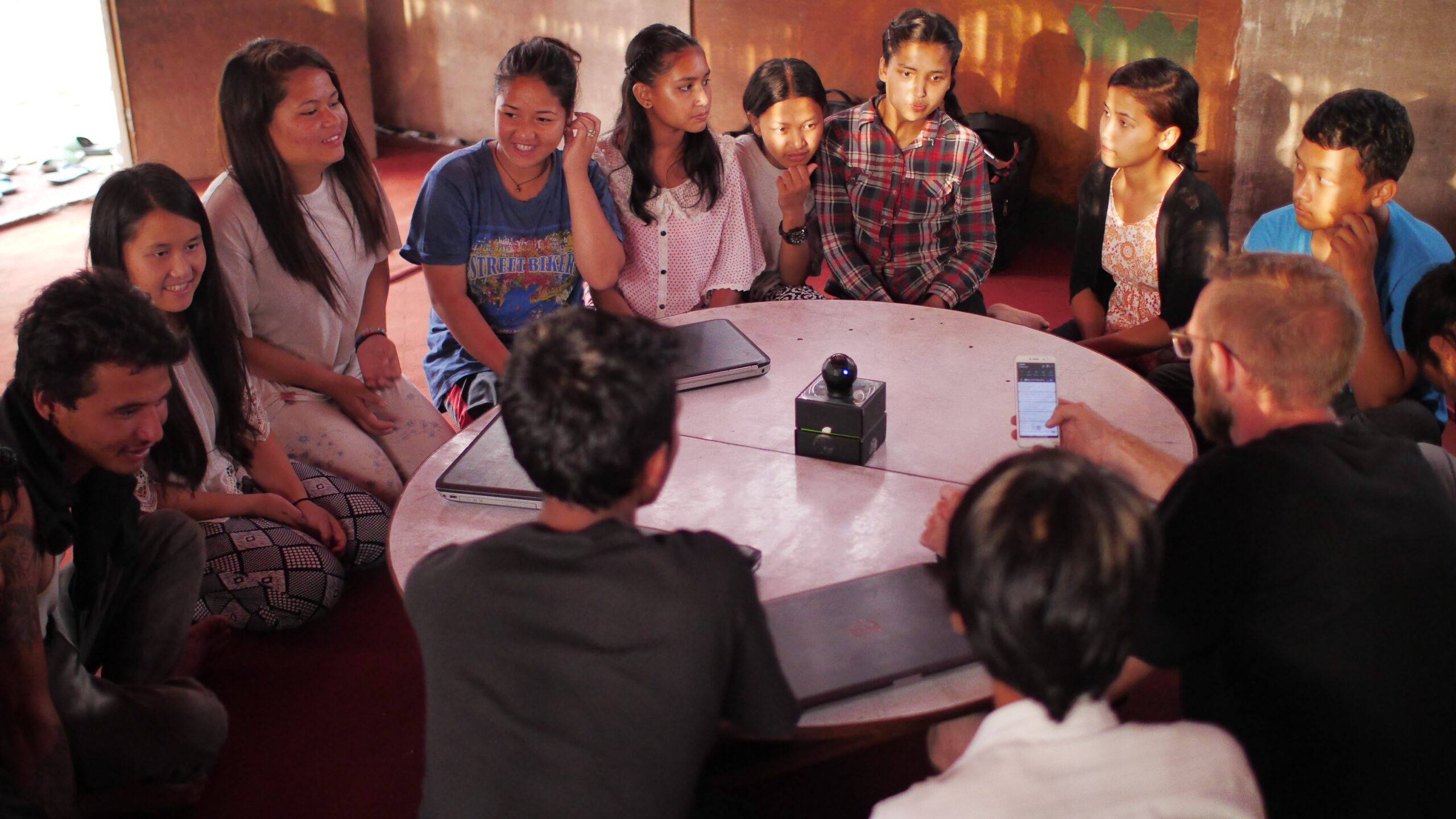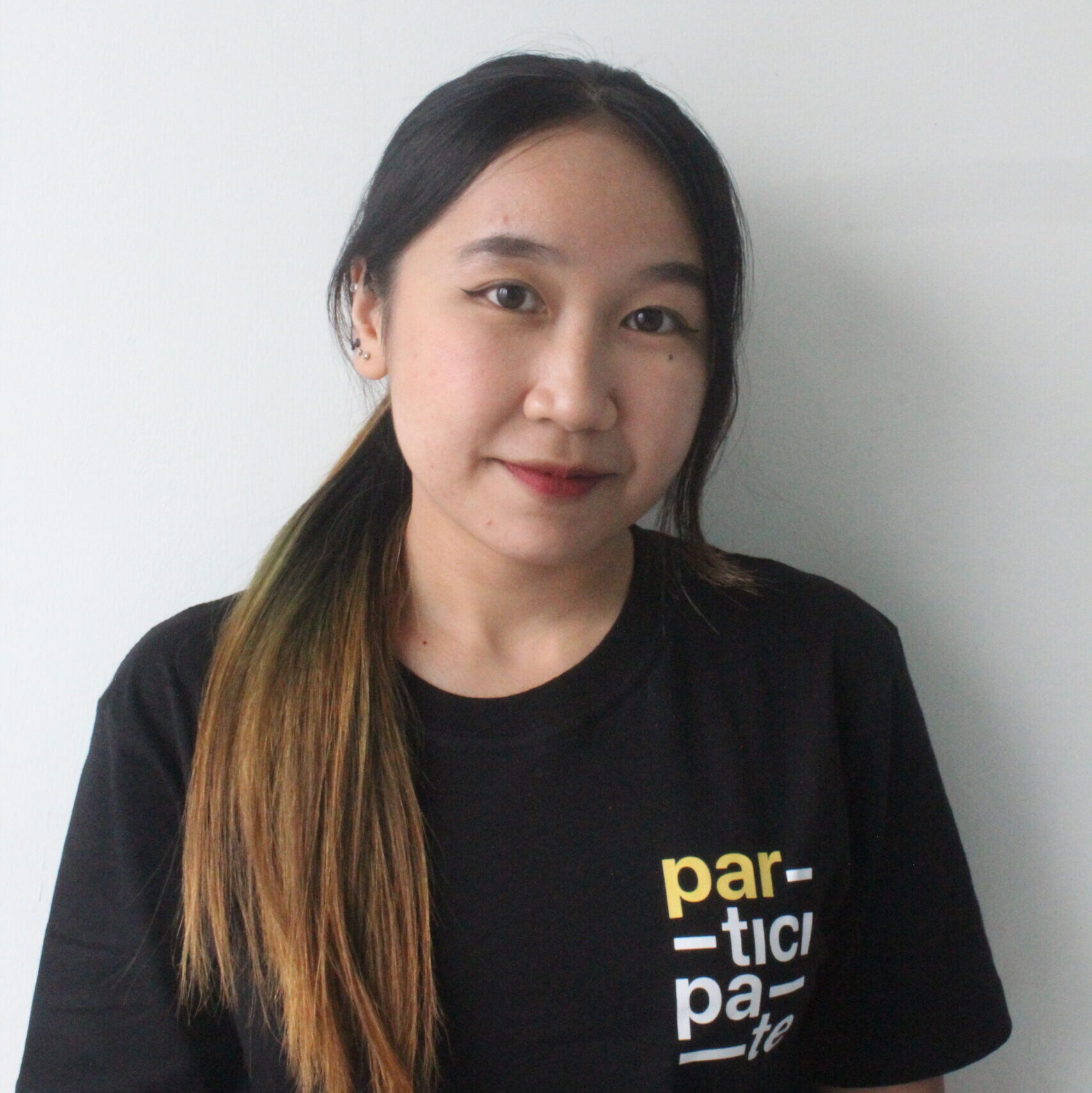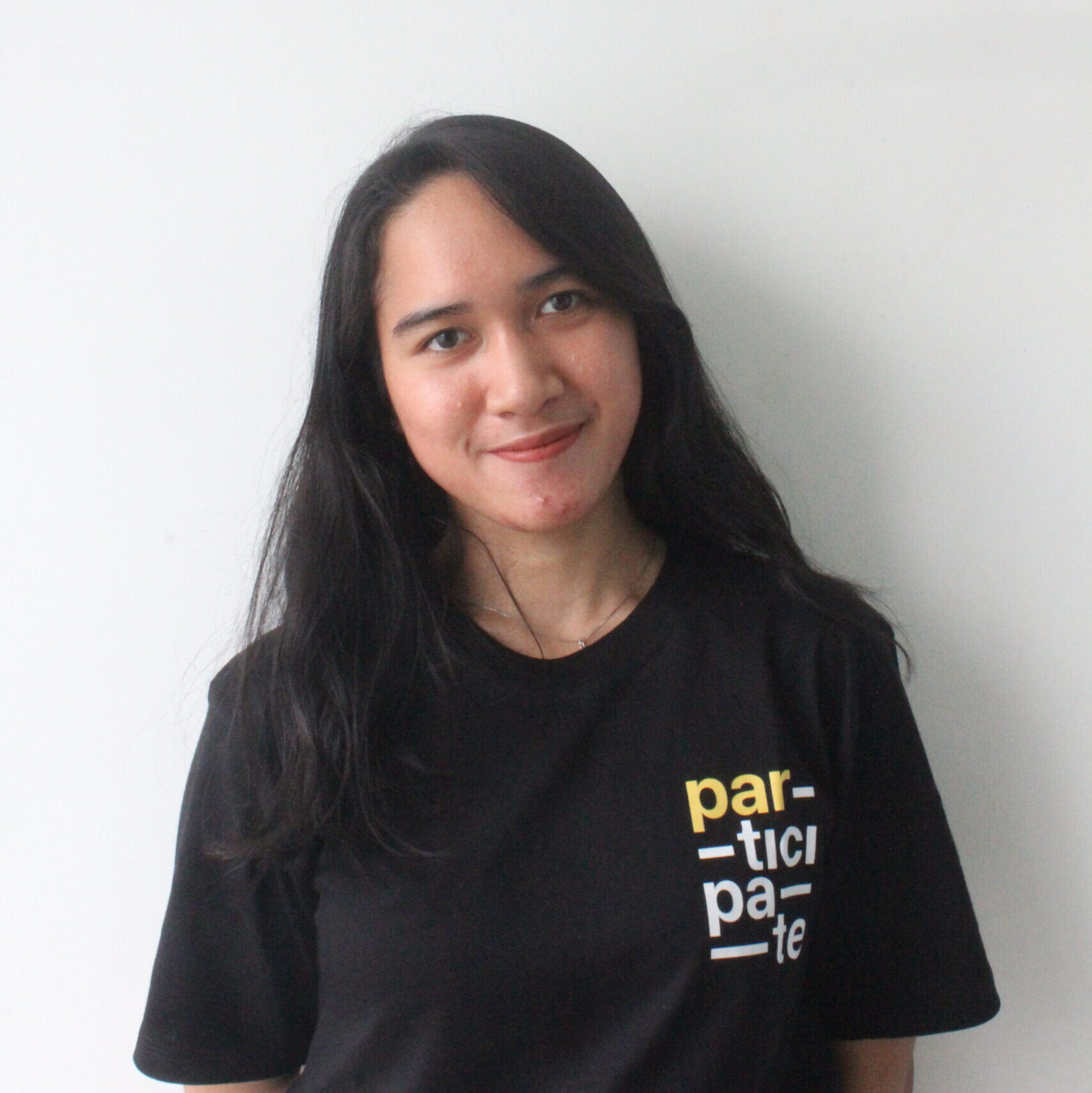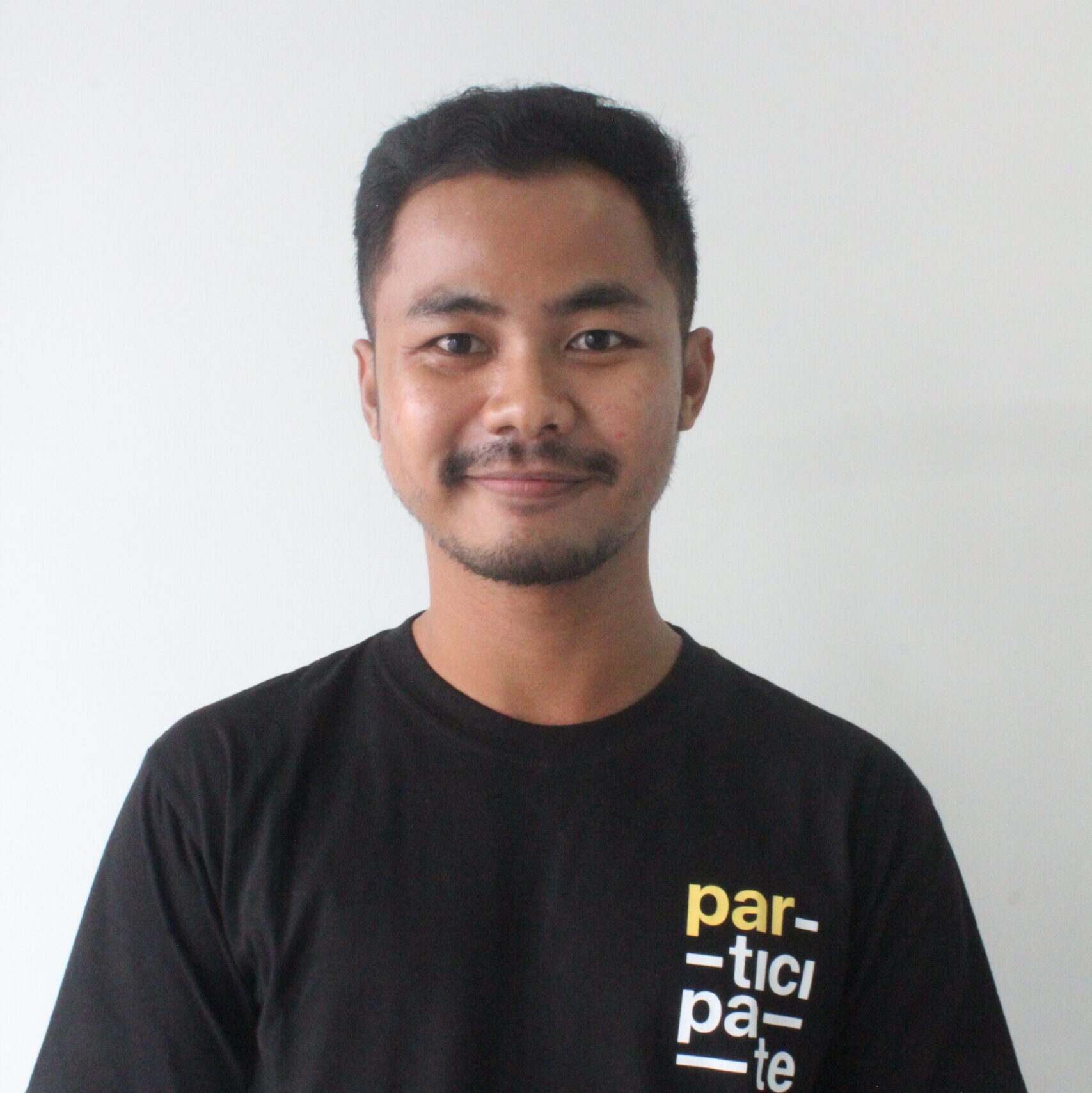Mini Class
Are you passionate about making a real impact in the development sector, especially by ensuring community involvement throughout the change process?
Do you want to enhance your skills and knowledge to drive positive change more effectively with skills and approaches that enable participation?
Our Mini Classes are designed just for you.

Why Join Participate's Mini Class?
In a field where long-running conventional approaches are used as the standard practices, we offer a refreshing alternative to development. Our Mini Classes empower you to develop different ways of contributing to development, embracing the potentials of participatory approach to allow for community-driven social change.
You can participate in an exclusive one-time, power-packed course that focuses on the core skills and knowledge you need to excel in the development sector while prioritizing participation. This means experiencing an interactive, two-way learning where both facilitators and participants can learn, unlearn, and relearn. Participate’s Mini Class is a room where we co-create knowledge based on theories as well as real-life experiences related to particular concepts or skills relevant in the development sector.
Develop a participatory thinking as development professional
Explore alternative approaches to social change
Network with other development practitioners
Hone skills to involve community better
Classes
Participatory Communication for Development

Learning Points:
- Roles of communication in development
- Participatory communication for participatory development
- Challenges in implementing participatory communication
How has communication played a role in your works in development? Have you been putting community voices at the core of your communication?
Mini Class: Participatory Communication for Development is a unique opportunity for you to learn through sharing and reflecting on your experience in any forms of communication efforts to support your social change initiatives.
Throughout this class, we will explore key theories encompassing communication in the context of development and which tools/methods can allow for dialogues to occur, providing a solid foundation for understanding the intricacies of communication in supporting an inclusive, community-driven development.
Emphasizing a participatory lens, we examine how communication can empower individuals and communities as active agents in a participatory development process, listening to and amplifying the voices that matter.

Learning Points:
- Roles of communication in development
- Participatory communication for participatory development
- Challenges in implementing participatory communication
Mentors:
Participatory Communication in Development
How has communication played a role in your works in development? Have you been putting community voices at the core of your communication?
Mini Class: Participatory Communication for Development is a unique opportunity for you to learn through sharing and reflecting on your experience in any forms of communication efforts to support your social change initiatives.
Throughout this class, we will explore key theories encompassing communication in the context of development and which tools/methods can allow for dialogues to occur, providing a solid foundation for understanding the intricacies of communication in supporting an inclusive, community-driven development.
Emphasizing a participatory lens, we examine how communication can empower individuals and communities as active agents in a participatory development process, listening to and amplifying the voices that matter.
Expect a process of co-learning that brings forward real-life experiences and reflective understanding that shows how communication facilitates a participatory social change.
Monitoring and Evaluation (M&E) 101

Our first mini-class offers a reflective, experience-based and engaging learning session about Monitoring and Evaluation (M&E) for development projects.
Covering from the very basics of M&E to real-life case studies, this class is suitable for those who are interested to learn about M&E in general, including those who have zero to limited experiences in M&E implementation.
In this course, participants will gain a comprehensive understanding of Monitoring and Evaluation (M&E) in the development sector. Through case studies and discussions, we explore successful and failed programs, clarify definitions, and highlight the role of M&E in fostering accountability, learning, and evidence-based decision making. Practical implementation steps, tools, and frameworks are shared, allowing participants to develop their own M&E plans. We address challenges during implementation and introduce the participatory approach for engaging disadvantaged groups and expanding M&E beyond numbers and statistics.
Learning Points:
- General understanding of M&E
- Role of M&E in development sector
- How to implement M&E
- Challenges in implementing M&E
Mentors:

Learning Points:
- General understanding of M&E
- Role of M&E in development sector
- How to implement M&E
- Challenges in implementing M&E
Mentors:
Monitoring and Evaluation (M&E) 101
Our first mini-class offers a reflective, experience-based and engaging learning session about Monitoring and Evaluation (M&E) for development projects.
Covering from the very basics of M&E to real-life case studies, this class is suitable for those who are interested to learn about M&E in general, including those who have zero to limited experiences in M&E implementation.
In this course, participants will gain a comprehensive understanding of Monitoring and Evaluation (M&E) in the development sector. Through case studies and discussions, we explore successful and failed programs, clarify definitions, and highlight the role of M&E in fostering accountability, learning, and evidence-based decision making. Practical implementation steps, tools, and frameworks are shared, allowing participants to develop their own M&E plans. We address challenges during implementation and introduce the participatory approach for engaging disadvantaged groups and expanding M&E beyond numbers and statistics.



